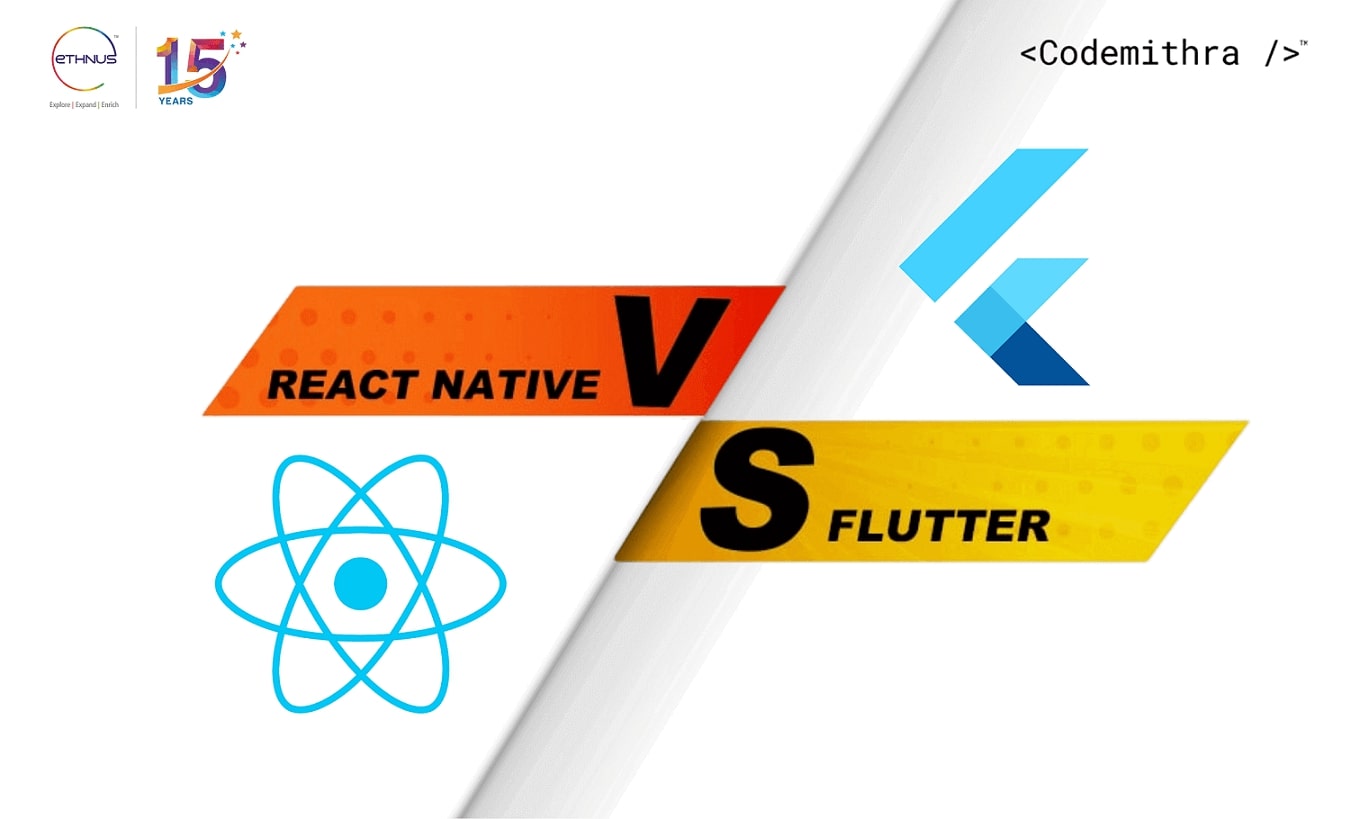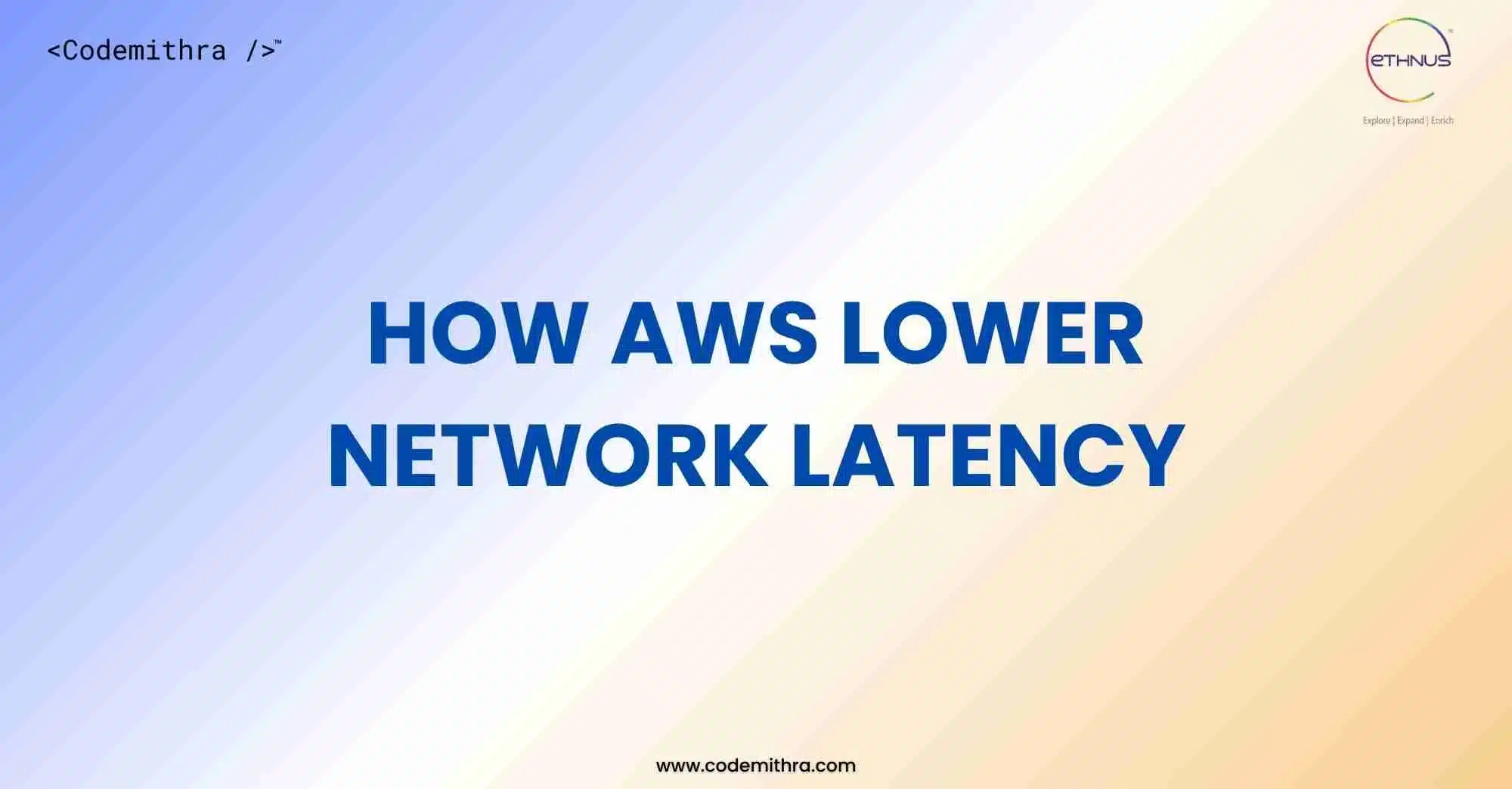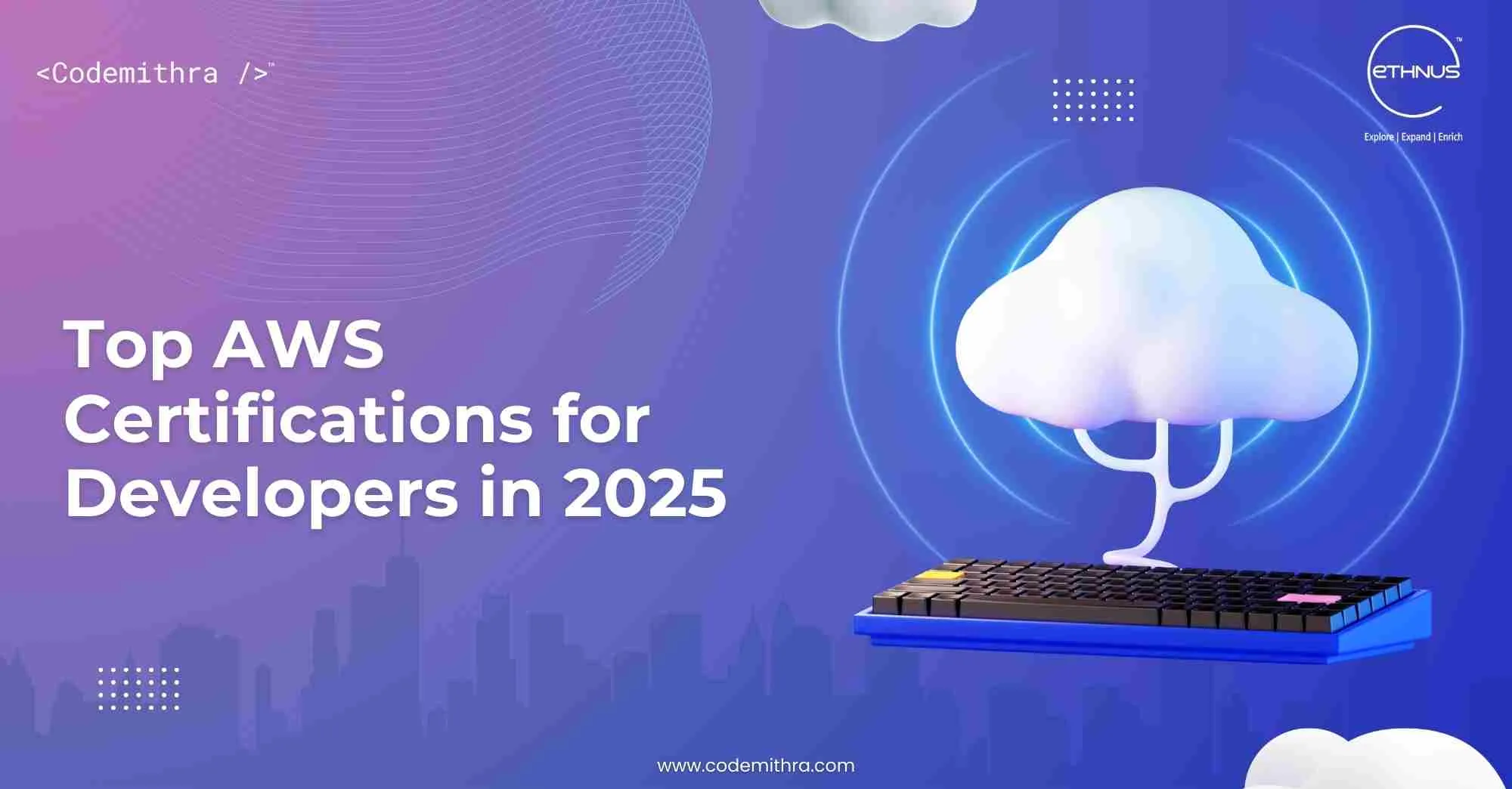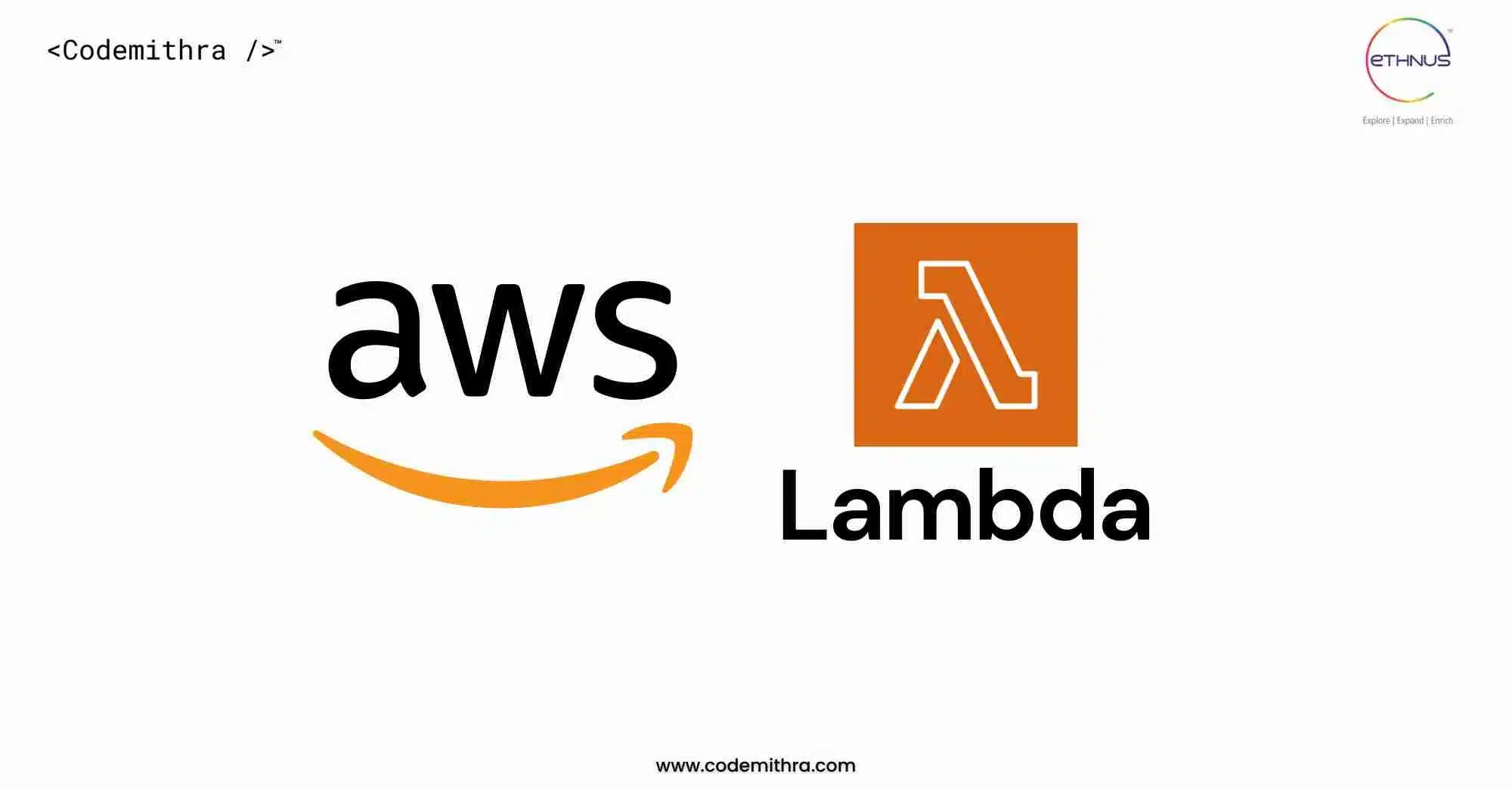Introduction
Technology has added immense convenience to our lives. We have a mini-version of our earth in cyberspace. You can access almost all products and services at the touch of a button. Mobile applications have facilitated these services in a big way, and new applications are mushrooming almost every day. You have myriad applications, from messaging, shopping, and consultation to education, travel booking and even dating. App developers use different cross-platform applications, which help create specific apps for various purposes. React Native and Flutter enable full-stack web developers to understand the ideal framework that could suit the application they wish to conceptualize.
React Native is based on JavaScript. Developed by Facebook, a single codebase suffices for creating mobile apps. However, in 2015, it became open-source. If you have used JavaScript, you can start making applications without having to get into the nitty-gritty of the framework. Flutter comes with many interesting features for testing the functionality of an app. Some of these include widget, unit, and integration testing. Google first developed Flutter in 2017. You can create a Flutter app with a single codebase and the Dart programming language. Flutter serves as the ultimate toolkit for a user interface that makes possible the development of apps for the web, desktops, and mobile phones. Because it lacks a user interface library, React native resorts to third-party tools for testing applications.
Flutter vs. React Native: Which One Has the Best Framework?
React Native and Flutter are two of the leading cross-platform frameworks.
Flutter App Advantages
- Speedy development and speedy deployment— “Hot reload’ is an in-built feature of the Flutter app. It helps in code compilation ‘in advance’ and offers a preview of the application even before it has been completely created.
- The Flutter app comes with unsurpassable quality documentation. It has become extremely helpful in open-source projects. Flutter. developer helps build projects even if you have no experience with Flutter. It offers automated testing and all the requisite tools that go into the building of quality applications.
- Flutter is developed, used, and supported by Google. It is maintained by a group of full-stack web developers worldwide. Most global brands have implicit faith in Flutter.
- Flutter facilitates speedy applications across platforms.
- Flutter is still compatible with devices of the past. It ensures flawless functioning on all versions of Android from 5.1.1 onwards. It also ensures perfect functioning on all versions of iOS from version 8 onwards.
The Benefits of React Native
- One of the biggest benefits of React Native is that it is JavaScript-based, which means the project expenses are lower, the apps are easy to maintain, and the products are released faster. The open-source codebase allows you to choose from the current components and use them in another project.
- When you compare React Native to Angular.JS, it always considers the import of native components specific to the platform.
- The ReactXP libraries complement React Native (for the web), especially when launching a web version of a specific application.
- There is no shortage of qualified developers who are adept at Java Script. The availability of this talent benefits the development of speedy apps seamlessly.
- The Hot/Live reload property of React Native enables full-stack web developers to witness changes much in advance before the project is built.
- Its app center resorts to cloud service. It helps to furnish app updates directly to the devices of the users.
The Language Stack
Any programming language that is stack-oriented is called a language stack. In simple words, a stack is an arrangement of function calls and parameters. These are utilised in modern-day computer programming and the architecture of the central processing unit, better known as the CPU of a computer. Each stack serves a different purpose. A programming language that is stack-based systematically manages data. In a stack-based language, multiple operations access each stack. It forms the basis of any programming model. Stack-based languages operate in different notations, including infix, prefix, and postfix notations. An example of a prefix involves placing the parameters of a command before the command. Suppose you want to multiply the digits 3 and 4. In prefix notation, it is written as multiply, 3, 4. In an infix notation, it is written as 3 multiply 4. A postfix notation is written as 3, 4, multiply.
Architecture
An architecture in applications refers to the various techniques resorted to and used in designing and building applications. The Architecture gives you an insightful representation of the different plans that need to be implemented to build a well-laid-out application. When you are involved in building an application, you have to first chalk out your strategic goals. Once you have determined them, you should first evaluate the existing architecture. You have to first get clarity on:
- The frequency of the updates you wish to furnish to your clients.
- The quantity of new services
- Existing functionality and how you plan to enhance it with new versions.
The different types of architecture are N-tier (layered), monolithic, microservices, event-driven, and service-oriented.
- N-tier (layered) – is ideal for developing enterprise apps. The layers are arranged horizontally, each with a distinct responsibility. This type of architecture is closely connected with legacy apps.
- Monolithic: This is also closely connected with legacy apps. In this type of architecture, one change to an application code impacts the entire application.
- Microservices – As the name suggests, the applications are broken into the minutest parts, each becoming a microservice. Each service is deployed independently, and any changes made to a single service do not impact the entire architecture. The key feature is its capability to deliver speedy software.
- Event-driven: This is based on an event-stream model. Subscribers to such a model are apprised of the event’s occurrence or publication.
- service-oriented This is quite similar to the microservices architecture. In this type of architecture, every service deployed for a particular business process observes a communication protocol like Apache Thrift, SOAP, or ActiveMQ. The bouquet of services is integrated via an Enterprise Service Bus (ESB) to furnish the requisite value to clients or businesses.
Flutter vs. React Native Performance
Flutter PerformanceReact Native Performance. Impacts CPU and GPUUses visual representations of native parts. The user interface requires a lot of customization. React JavaScript makes the entire application seamless. Suited for development on devices which are wearable. Also suited to devices that are embedded and personal computers. Web-based—suited to Android and iOS Extremely simple app Used in GRAB, Google Ads, as well as STADIA Used in Walmart, WIX, as well as Facebook services Faster than React Nativeused in a maximum number of applications. Open-source performance and features are better than React Native. React Native: Many skilled developers are available.
The details of the above table clearly indicate that both Flutter and React Native have their own individual properties, which makes them indispensable frameworks in applications.
User Interface (UI/UX)
Flutter
The user interface of Google is Flutter. Google uses this front-end development framework to build and create numerous applications for the desktop, mobile, and web. It is done using a single codebase. Flutter has its own user interface components. Material Design and Cupertino are some of the prominent widgets provided by Flutter. In addition to these, you also have a Default Tab Controller, Inkwell, Drawer, and Gesture Detector. Its engine and framework manage these widgets. The Flutter user interface is very user-friendly. It has helped to increase the number of engagements. You can build a full-stack application with rich features by using Flutter. A majority of the mobile applications for iOS, Windows, Android, Google Fuchsia, Linux, and Mac are developed with Flutter in a very speedy manner.
React Native
React Native employs JavaScript for the assembly of the user interface. Developed by Facebook, this framework is an open-source one that enables full-stack web developers to build cross-platform Android and iOS applications by employing React JavaScript. However, it uses native-operating system views. It also includes code implementation in OS-native languages. Some of these languages include Kotlin, Java (Android), Objective-C, and Swift (iOS). The large number of solutions provided by React Native help in the designing of a user interface. Its UI components can be used in succession without any hindrances. React Native uses SQLite as its local database. It works effectively in mobile applications and boasts a smooth, engaging user interface. You can accomplish building applications in React Native at high speeds and with less expenditure.
Community Support
Flutter community support React Native community support. Helpful community large and active developer community. Fast-growing and increasingly popular community. Very stable mature communityInnumerable libraries, tutorials, as well as user interface frameworks In May 2021, on GitHub, this framework experienced 188 active pull requests. Its community of developers are consistently trying to improve its functionality. Growth prospects are very high. The size of the community is bigger and has more experience. Dart is a very specialised language with few developers.JavaScript is an easy programming language, and hence there are many skilled developers. Flutter has an edge in both Continuous Integrations (CI) as well as Continuous Delivery (CD) official documentation. These enable automation of the application’s delivery. It includes more than 10,000 online database tutorials. The most impressive conference was in 2018, which organized global conferences. Google’s Flutter team is renowned for its professionalism. Their documentation is crisp. It answers all queries with clarity and in a timely manner. Consistent efforts to build an invaluable GitHub repository It also aims at improvising documentation processes and includes additional tools in its community.
Unit Testing
Every application has to include a testing framework that involves advanced technology. This helps the respective developers to build a unit, integrate the same, and also conduct user interface tests for the said applications.
Flutter
- The Flutter app is a Dart framework.
- It is enriched with a good number of widgets and testing features.
- It boasts excellent documentation for testing the various applications.
- Has a seamless widget testing
- It has smooth UI-level testing and integration.
React Native
- It is a JavaScript framework.
- It includes tools like Jest. This is best suited to snapshot testing.
- It lacks the UI-level testing and integration offered by Flutter.
- Resorts to third-party elements for testing
Development Time
The development of applications rests on the skills of full-stack web developers. Both Flutter and React Native come with the feature of hot reload. However, it takes almost 250 hours to develop a modest mobile application on the Flutter framework, which will function on iOS as well as on Android. It takes about 40-80 hours on the React Native framework.
Flutter
Flutter requires more time despite its hot reload property because developers have to understand and familiarise themselves with the various new concepts of Flutter. The programming language, Dart, used in this framework is not very familiar to most developers. Thus, the framework lacks support in an integrated development environment.
React Native
One of the most recognised programming languages is JavaScript, which is used for the development of cross-platform applications. The hot reload property of React Native reduces the development time of the application. This provides developers more time for proper testing of all the changes made in the user interface. Developers have the freedom to use the text editors of their choice.
Configuration & Setup
Flutter has a very easy set-up and simple configuration process in comparison to React Native. All system checkups are automated in Flutter but not in React Native.
Stable for Development: React Native vs Flutter
Flutter applications are known for their speedy binary communication, namely, Dart to Native. React Native is based on the JavaScript programming language and resorts to native application programming interfaces. JavaScript is not effective for all the requirements of application development. Thus, React Native requires more customization.
Conclusion
React Native and Flutter come with their own sets of benefits and areas requiring technological improvisation. Both platforms cater to different requirements. While React Native is common because of its JavaScript programming language, Flutter has proved its worth in the development of mobile applications. React Native has made its presence felt with applications on Instagram and Facebook. You have to assess your needs before deciding on either one of them.
Ethnus Codemithra offers a comprehensive full-stack course that you can enroll in if you wish to learn more about ffull-stack web development.





